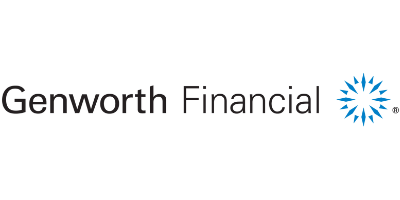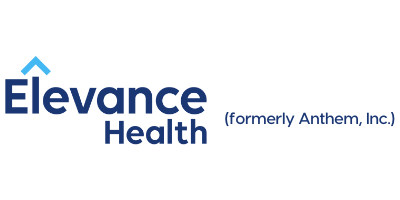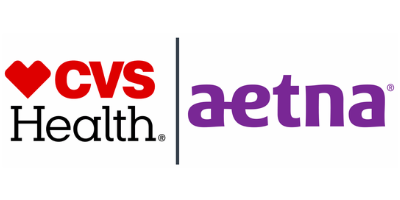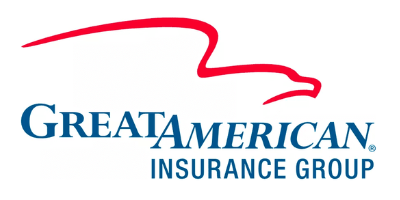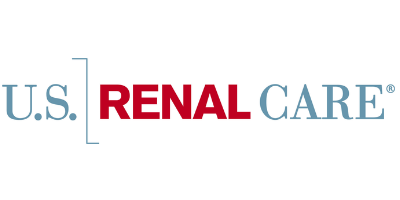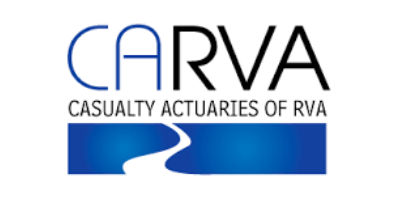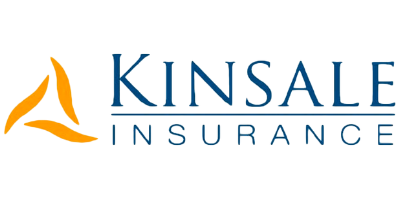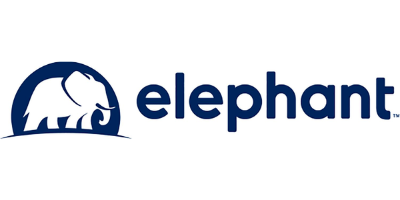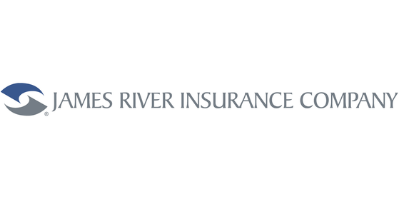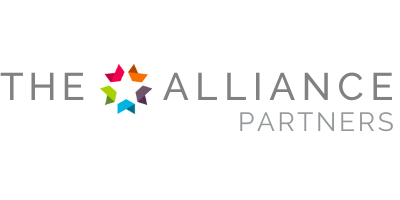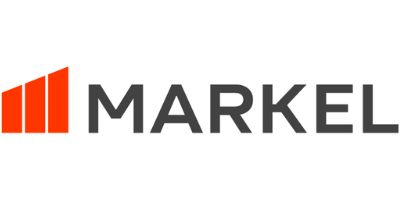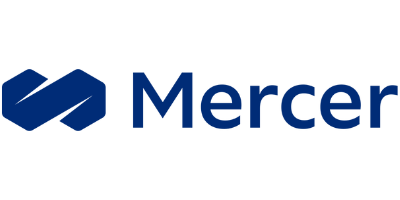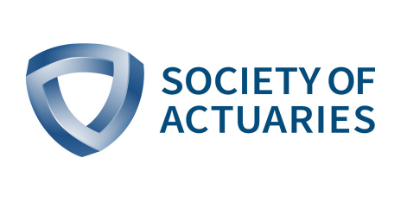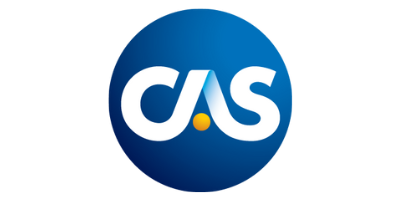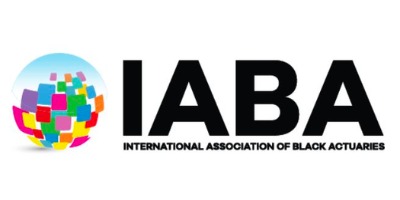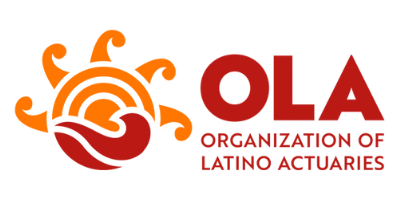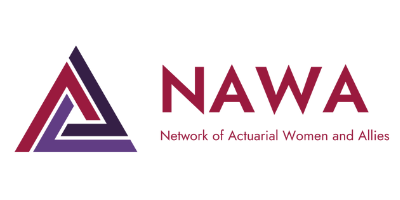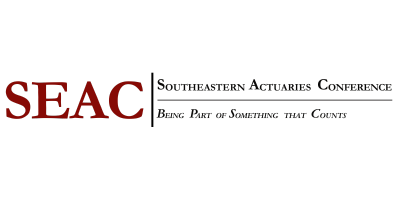What is Actuarial Science?
Actuarial science is an applied science based on concepts and observations distilled from the experience of actuaries and from other sciences, including mathematics, statistics, economics and finance. Actuarial science is primarily concerned with the study of the economic consequences of events that involve risk and uncertainty.
Actuarial Science In the Wake of AI:
- AI could add efficiency and scale to actuarial work, but actuaries themselves would continuously train AI to be able to scale to greater heights.
- Asking good questions about complex risk dynamics will likely require some of the skills of an actuary. Actuaries can help expedite AI’s learning process (Resource: Actuarial Review. Vol 50, July-August 2023).
Our programs
- B.S in financial technology, concentration in actuarial science
- Use mathematical and statistical methods to assess and manage financial risk.
- B.S. in financial technology, concentration in financial engineering
- Apply quantitative modeling and computational finance to optimize financial decision-making.
- Minor in actuarial science
- Analyze and communicate findings about complex financial issues.
Curriculum
You can commence taking your first actuarial foundational exam courses as early as in your first year in our program: You'll start reaping the benefits of an early career development path right after completing the introductory calculus course effectively, which is equivalent to AP Calculus AB, Calculus 1 or Math 200 (or BUSN 212) at VCU.
Our program has been adjusted to offer students the flexibility to select courses according to their preferences, whether they necessitate advanced calculus or not. This approach better aligns with their envisioned paths in the field of actuarial science, allowing them to gain expertise in predictive analytics.
Reiterating key aspects and details:
- Our program provides flexible coursework options to further support students’ career development goals. Students will collaborate closely with actuarial science faculty and their academic advisor to develop and maintain their personalized roadmap for their actuarial career.
- We continually assess and update our curriculum to align with evolving real-world trends, through collaboration with various fields such as computer science, data science, health science, and statistics.
- In order to better prepare students for the actuarial exams, our actuarial foundational courses have been adjusted by removing the topics of continuous multivariable random variables.
Actuarial foundational exam courses:
Available to students who have achieved a score of 4 or higher in the AP Calculus AB exam, or earned a minimum C in Math 200, or BUSN 212 at VCU. Although not required, a firm basis in algebra would be very helpful.
- FIRE 319 Financial Mathematics: This class covers parts of the SOA FM Exam, and the CAS Exam 2.
- FIRE 320 Actuarial Probability Concepts: This class covers parts of the SOA P Exam, and CAS Exam 1.
Careers
You'll be well-prepared for careers in:
- Insurance companies
- Healthcare organizations
- Consulting firms: actuarial and pension consulting
- Reinsurance companies
- Government agencies
- Investment banks
- Insurance broker companies
- Firms who need to analyze their economic consequences of their retained risks, such as Johns Hopkins hospital, Tesla, Uber, and so on
Get Involved
Student organization: Actuarial Science Club
The Actuarial Science Club is an organization designed to promote and provide fellowship among students and faculty interested in actuarial science. Students and faculty work together to provide professional development events such as networking opportunities, exam preparation, and industry exposure.
Industry Connections
